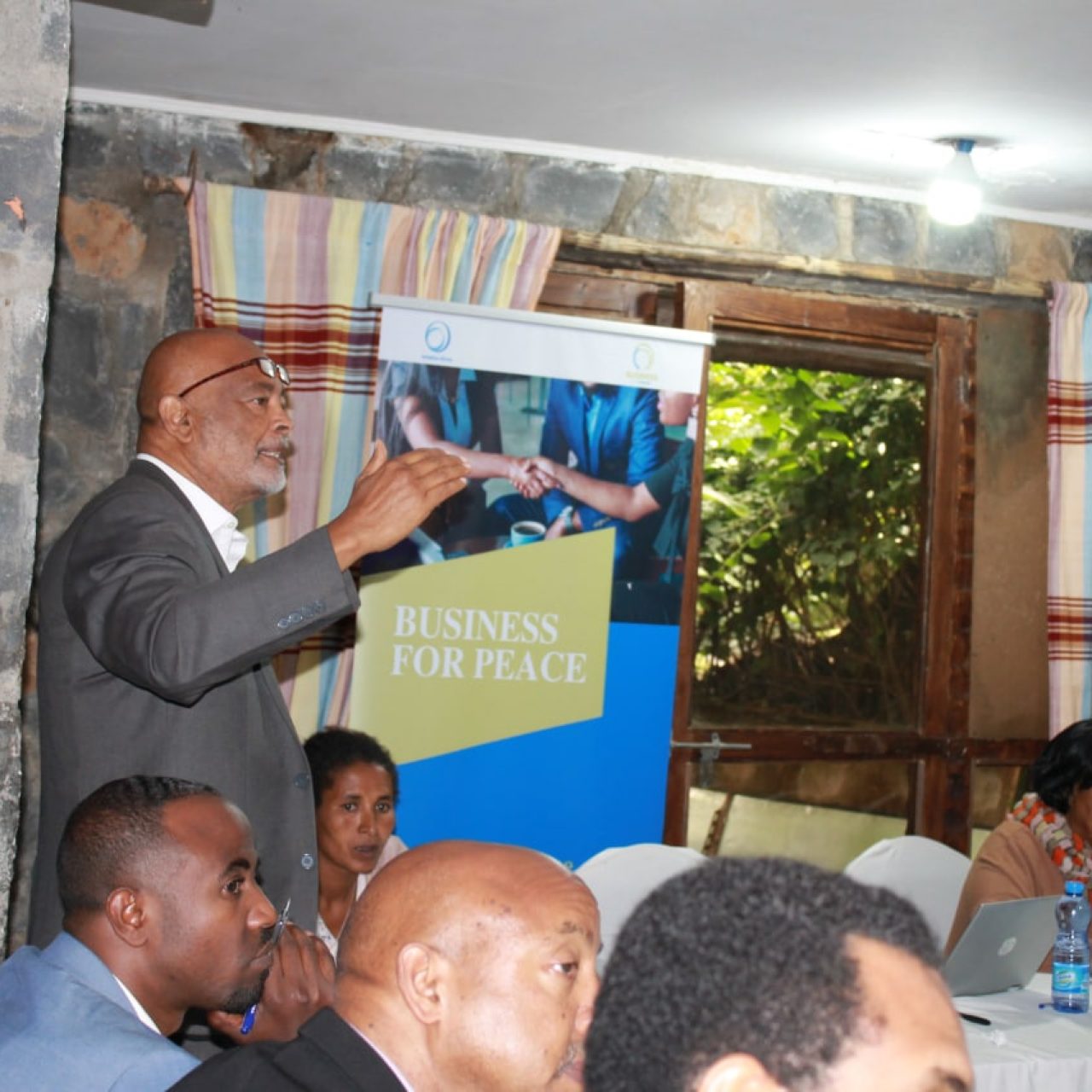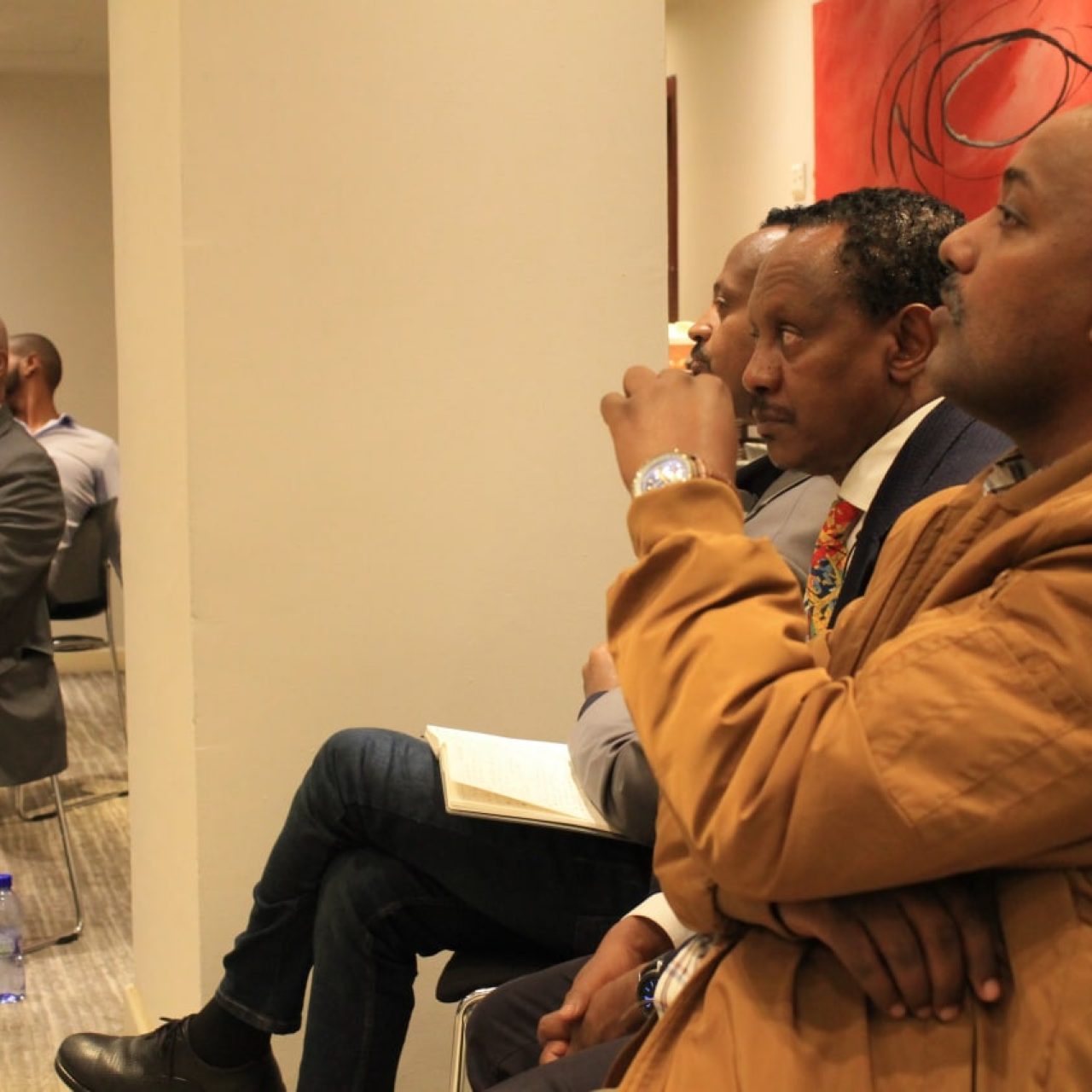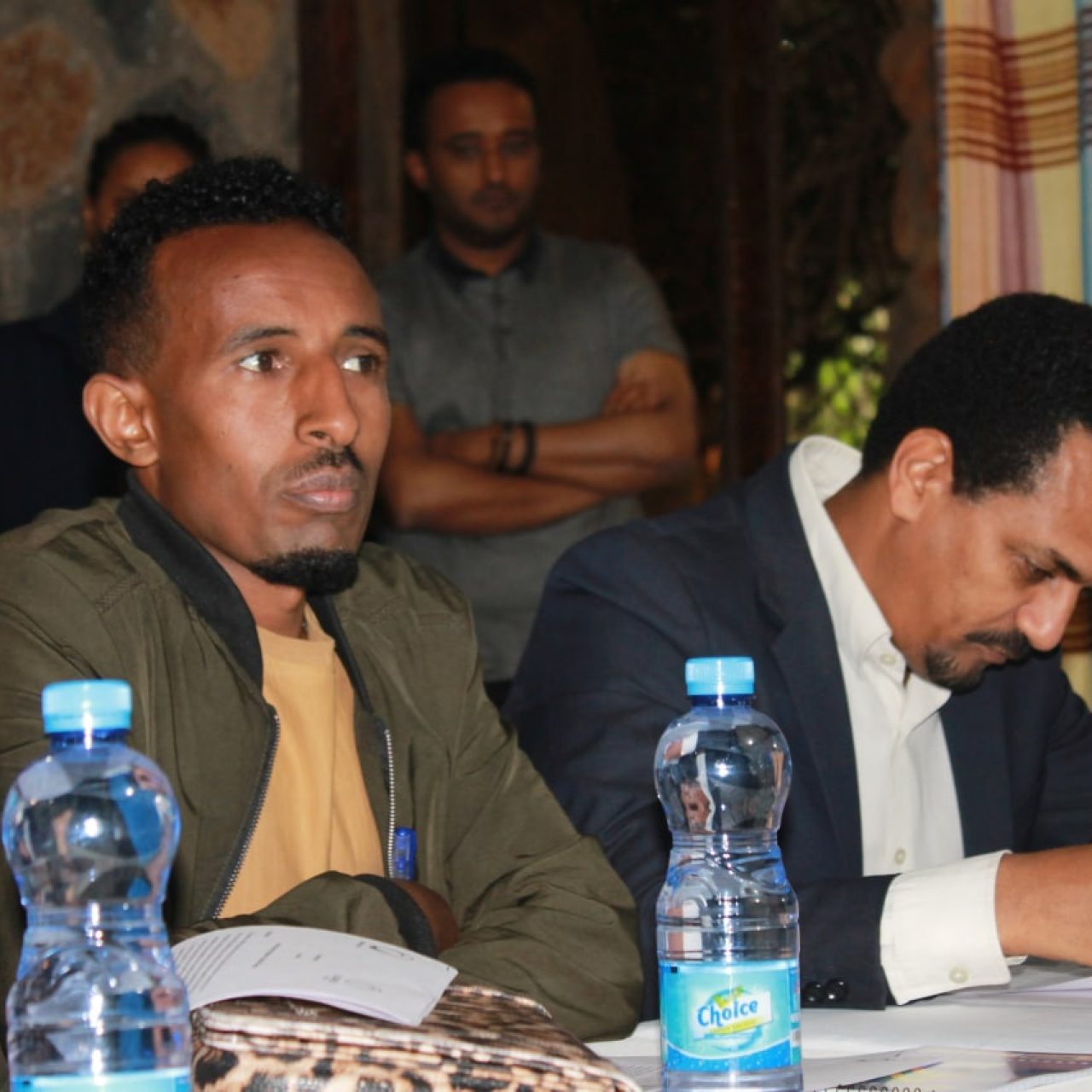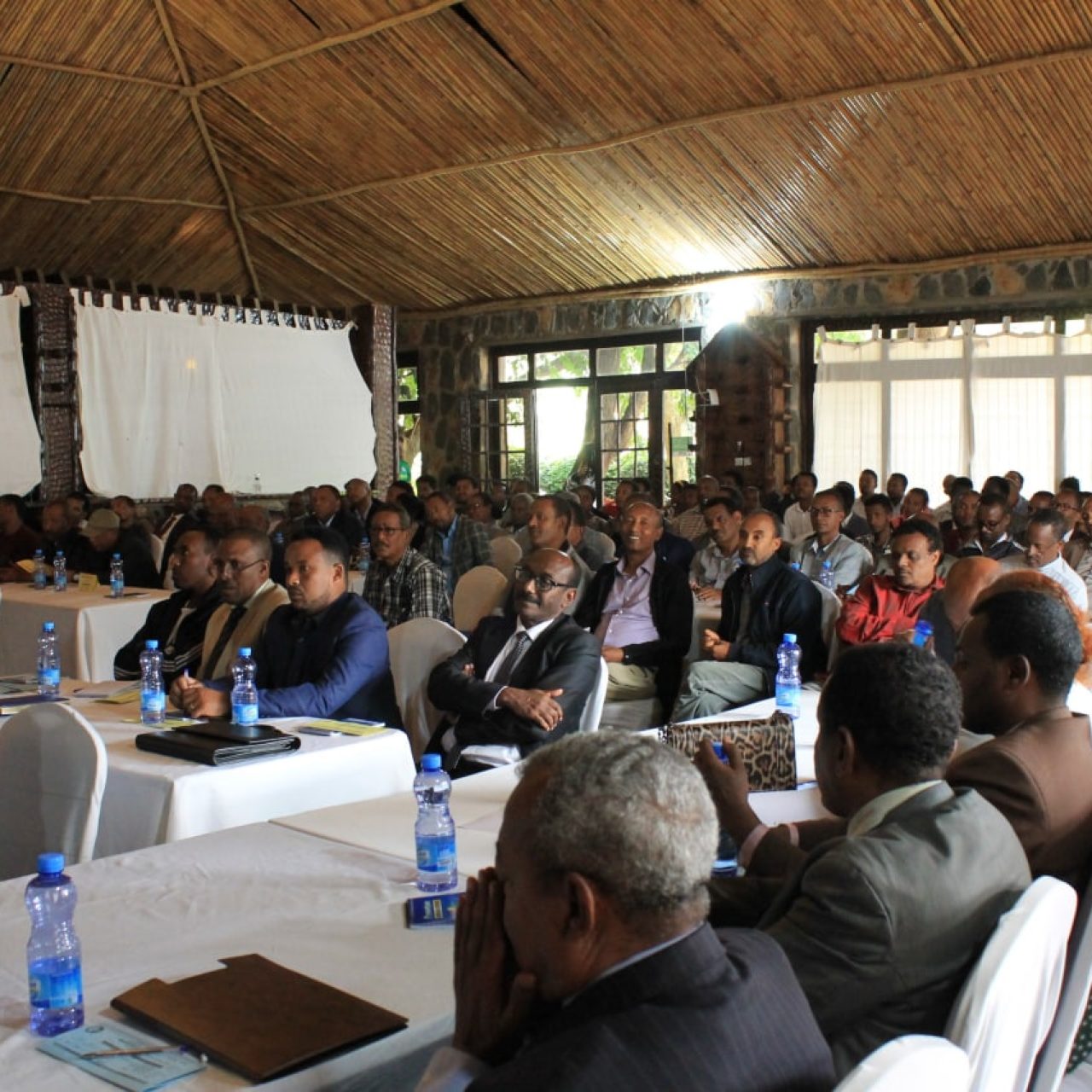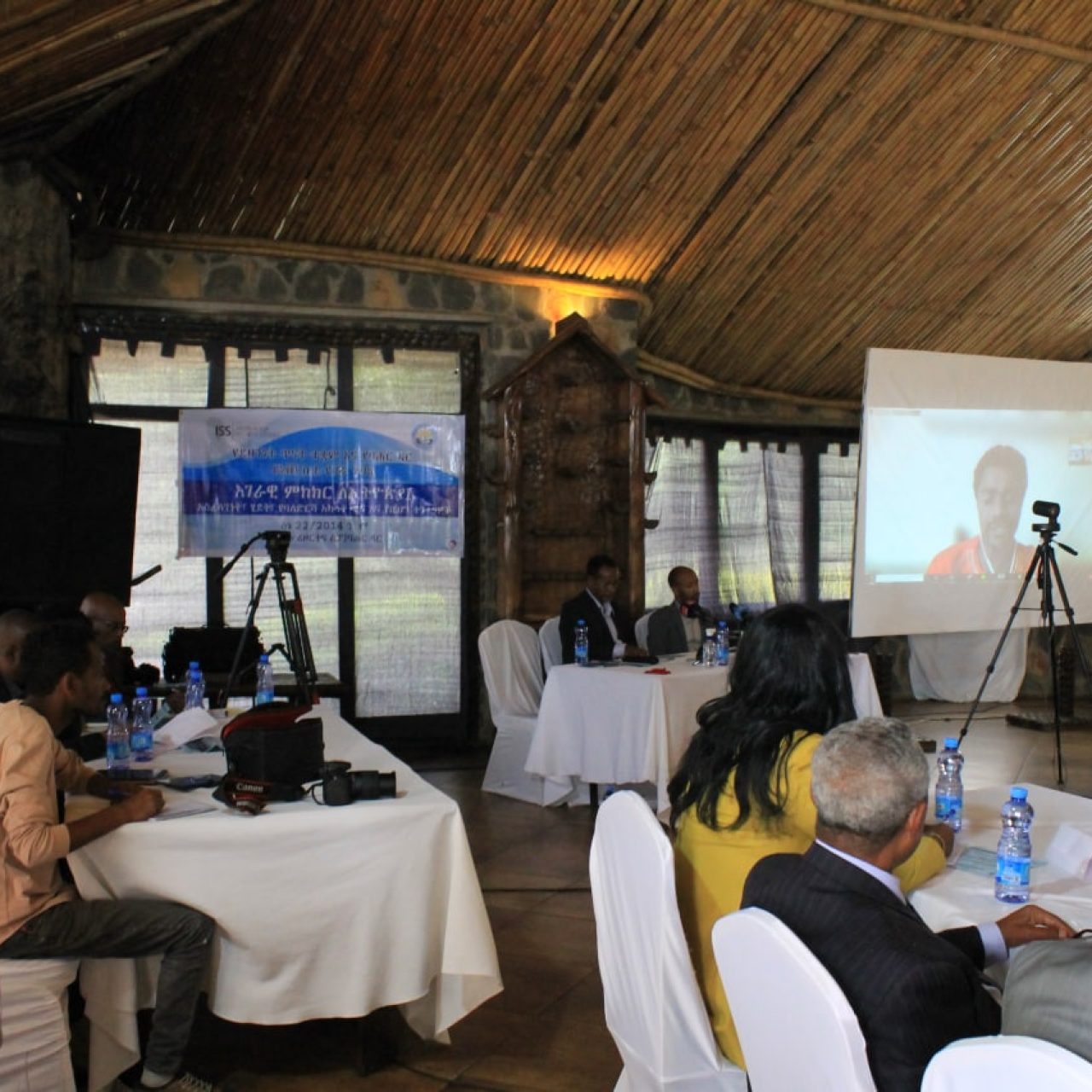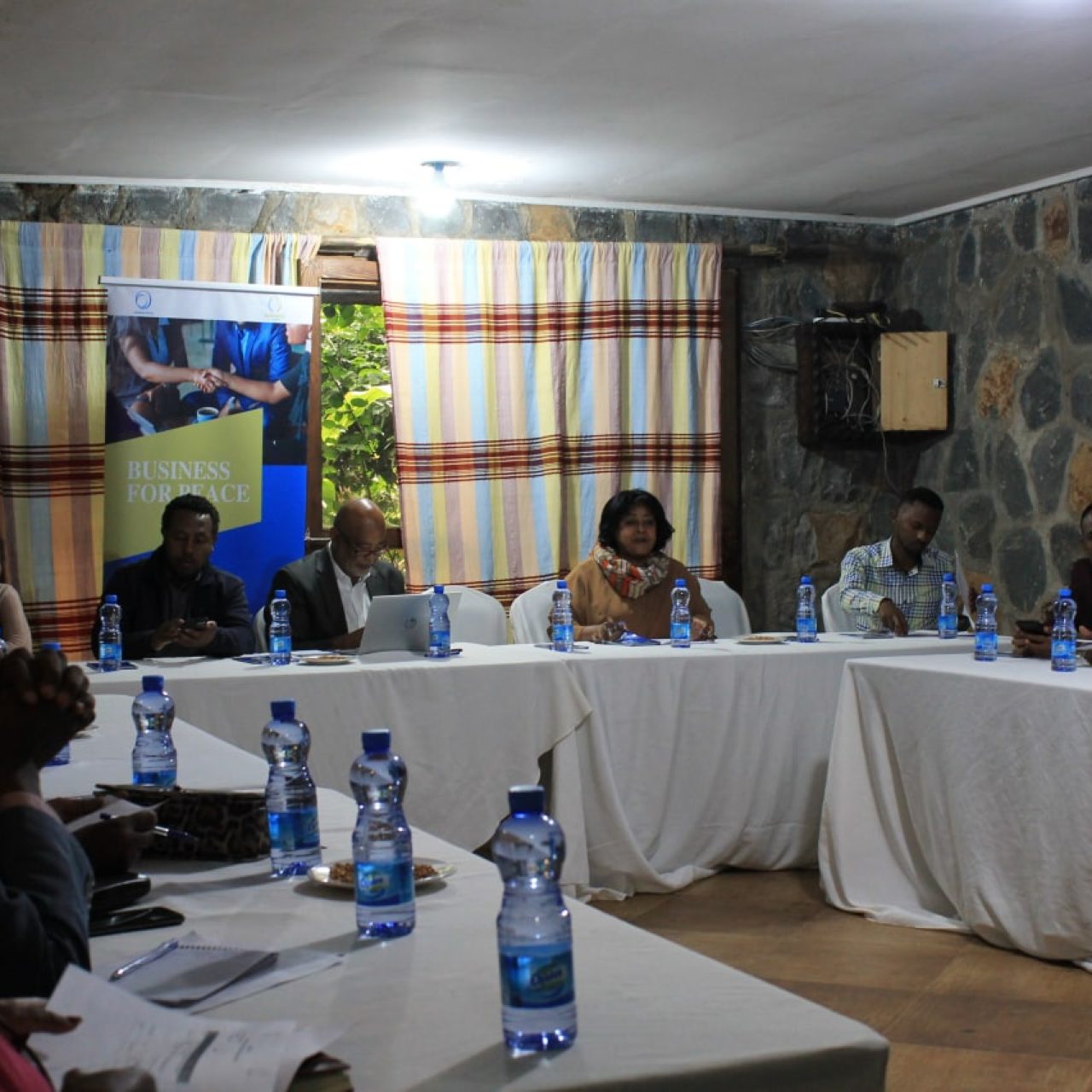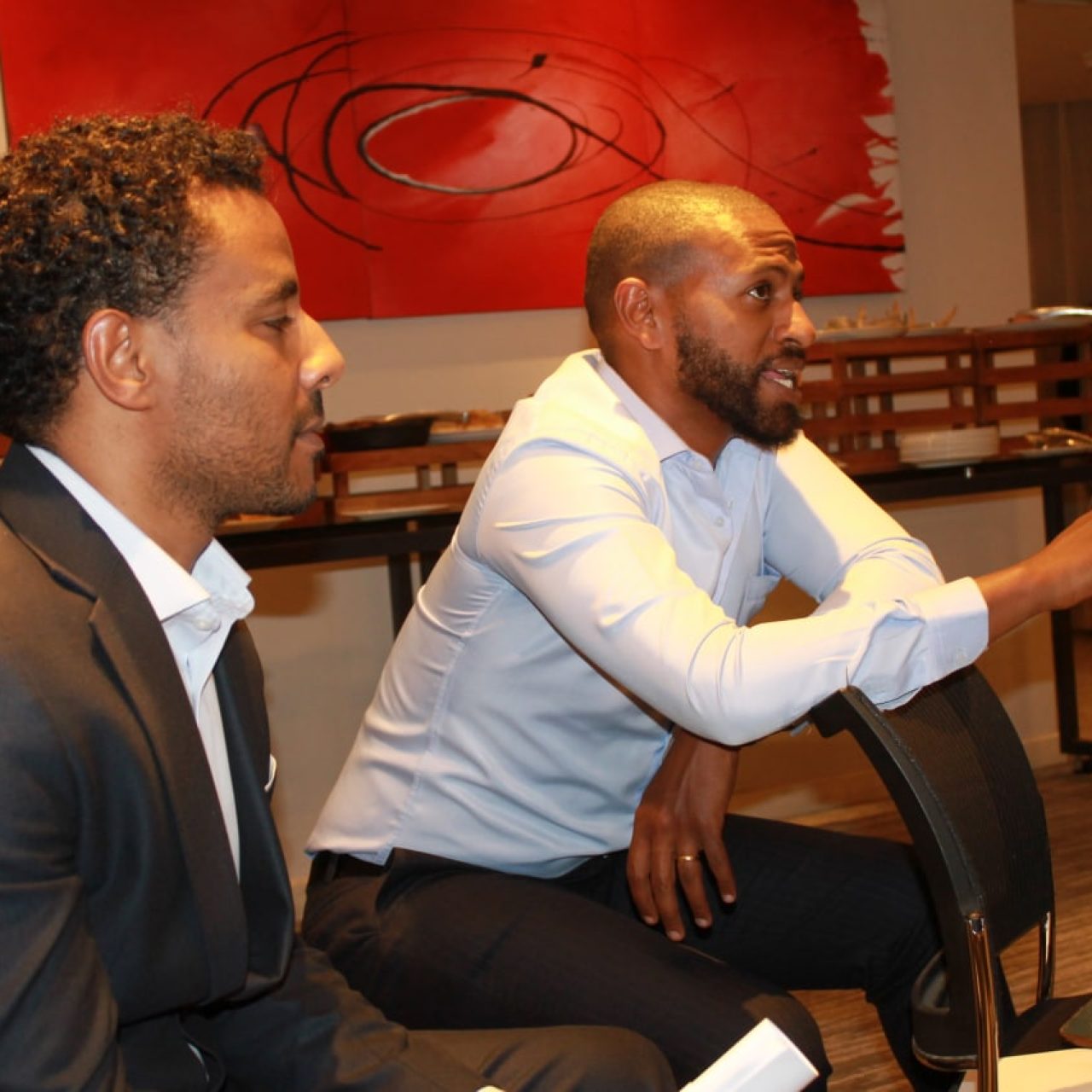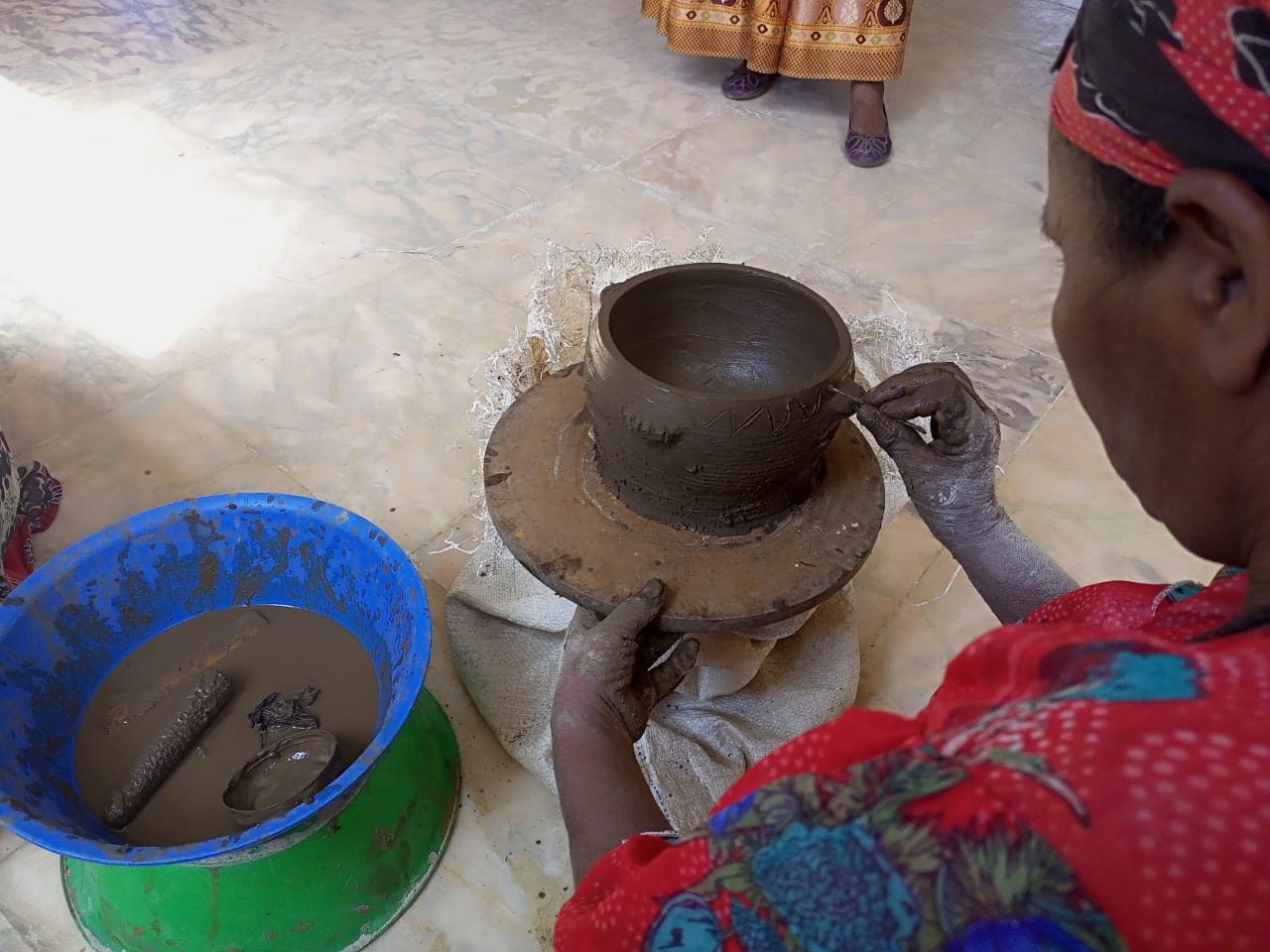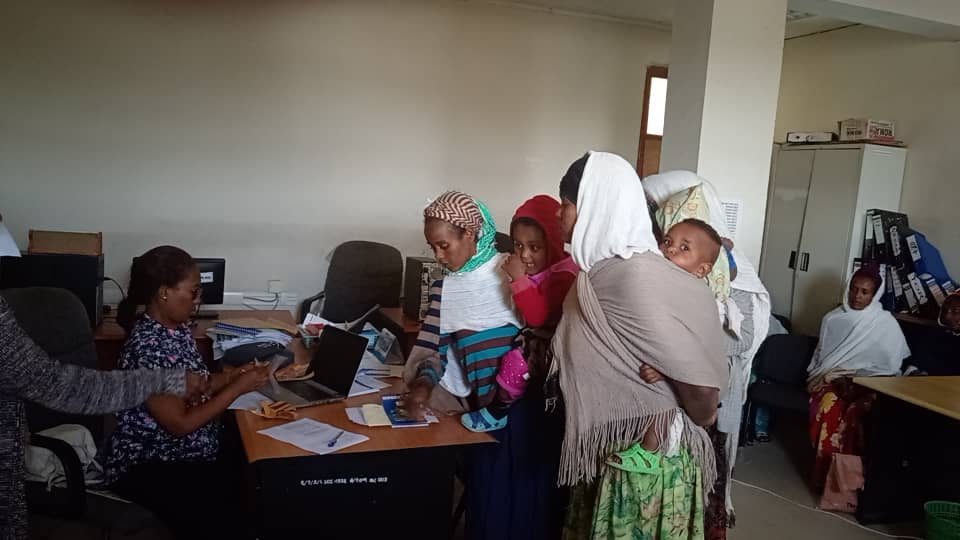Empowering Female Potters: A Revival through Skill Development in Tigray
In an ambitious effort to empower women and rejuvenate a heritage craft, Initiative Africa, in collaboration with the Tigray and Axum Tourism Offices, has launched a pivotal skill development training program for female potters in the Tigray region. This initiative is a significant part of Initiative Africa’s “Business for Peace” project, which seeks to mitigate the impact of recent conflicts on local industries. Trainees, including Haimanot Abrha from Hauzen and Atsede G/Yohannes from Adwa, have applauded the program for enhancing their pottery skills and fostering a vibrant exchange of cultural and artistic experiences across the region.
The training has emerged as a beacon of hope for participants like Trhas G/Egziabher from Yeha, who, along with her fellow artisans, aspires to resume work and overcome the severe challenges posed by the loss of workspace and the dissolution of their support structures. These women, whose livelihoods have been drastically affected by external crises, view the program as an essential step towards revitalizing their craft and regaining their economic independence. The initiative has also facilitated a critical dialogue between the artisans and government officials, paving the way for potential solutions to their predicaments.
Responding to the artisans’ needs, Mr. Gebre, head of the Axum Tourism Office, and Mr. Dawit from the Tigray Tourism Bureau have vowed to take concrete steps to assist these women. Their commitments include reorganizing pottery associations in the seven districts and liaising with governmental bodies to find alternative locations for work and sales. These actions reflect a broader commitment to addressing the systemic issues facing these artisans, demonstrating the potential for targeted skill development programs to catalyze community-wide economic recovery and empowerment.
Through the lens of Initiative Africa’s “Business for Peace” project, this training program is a testament to the power of combining cultural preservation with economic empowerment. By focusing on the female potters of Tigray, the initiative not only aims to protect an invaluable aspect of the region’s heritage but also to lay the groundwork for sustainable peace and prosperity in the aftermath of adversity. This effort marks a promising step towards the revival of the pottery industry in Tigray, offering a model for how targeted interventions can rebuild communities and restore hope.



